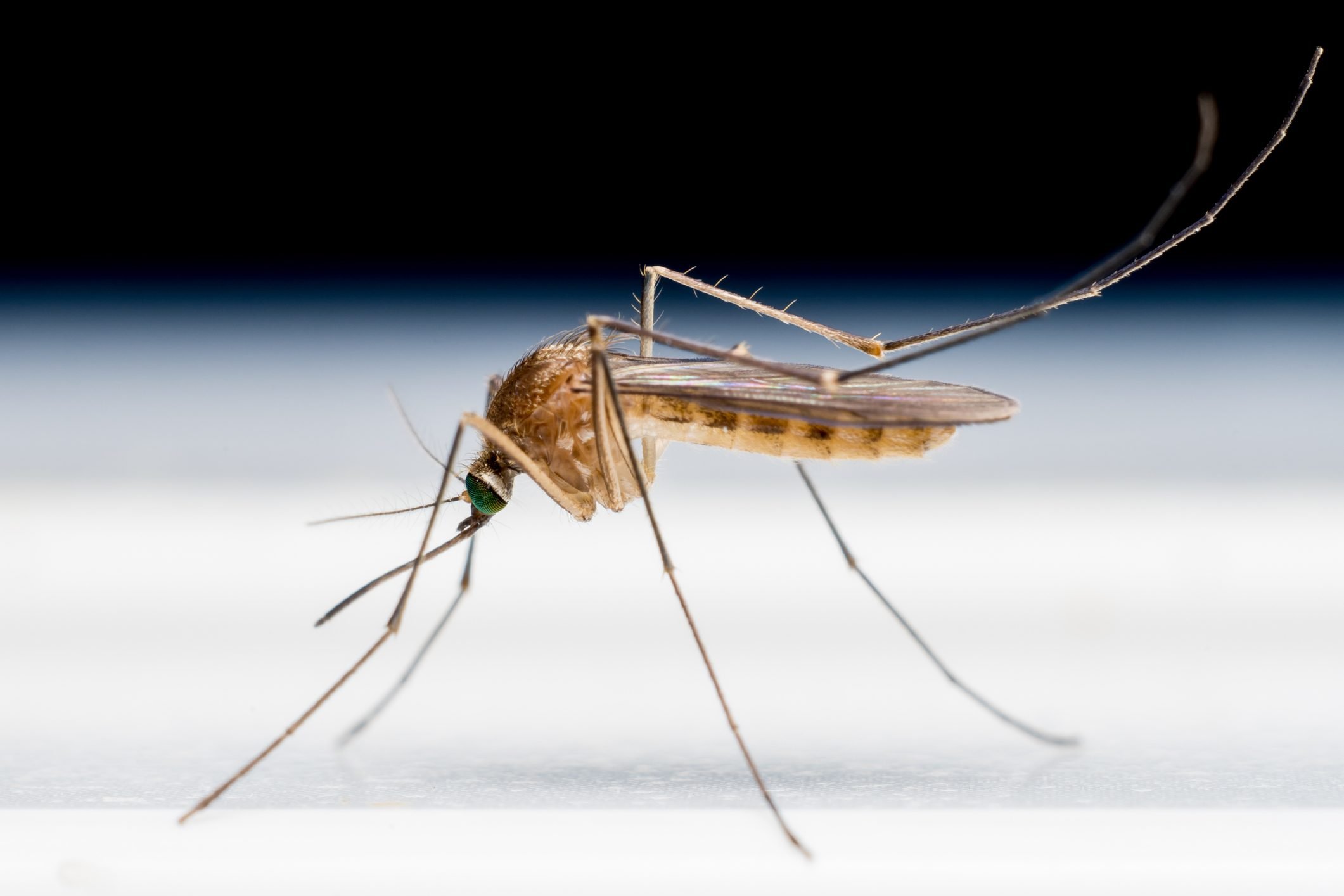How Long Do Mosquitoes Live

Mosquitoes are a common nuisance that we encounter almost every day, especially during the summer months. These tiny insects can be found almost everywhere in the world and are known for their itchy bites. But have you ever wondered how long mosquitoes actually live? In this article, we will explore the lifespan of mosquitoes, the factors that affect their longevity, and some interesting facts about these pesky insects. We will also discuss ways to protect yourself from mosquito bites and reduce their population in your surroundings. So sit back, relax, and let’s dive into the world of mosquitoes!
The Average Lifespan of a Mosquito
Mosquitoes are a common nuisance that we encounter in our daily lives. They are known for their itchy bites and the diseases they can transmit, such as malaria, dengue fever, and Zika virus. But have you ever wondered how long these pesky insects live?
On average, mosquitoes live for about two weeks to a month. However, this lifespan can vary depending on various factors such as species, gender, and environmental conditions. Female mosquitoes tend to live longer than males because they require more time to lay eggs. Additionally, the temperature and humidity levels of their habitat can also affect their lifespan. Mosquitoes thrive in warm and humid environments, which is why they are most active during the summer months.
It’s important to note that not all mosquitoes are created equal when it comes to lifespan. Some species of mosquitoes have shorter lifespans than others, while some have been known to live for several months. In the next section, we will explore the different factors that can affect a mosquito’s lifespan in more detail.
The Factors That Affect a Mosquito’s Lifespan
There are several factors that can affect the lifespan of a mosquito. One of the most important factors is the species of mosquito. Different species have different lifespans, with some living only a few days while others can live up to several months.
Another important factor is the environment in which the mosquito lives. Mosquitoes thrive in warm and humid environments, and they require standing water to breed. If their habitat is disrupted or destroyed, their lifespan can be significantly shortened.
The availability of food also plays a role in a mosquito’s lifespan. Female mosquitoes require blood meals to produce eggs, and without access to blood, they will not survive for long.
Finally, external factors such as predators and disease can also impact a mosquito’s lifespan. Mosquitoes are preyed upon by birds, bats, and other insects, while diseases like malaria and dengue fever can kill them before they reach old age.
Understanding these factors that affect a mosquito’s lifespan is crucial for controlling their populations and reducing the risk of disease transmission. By eliminating breeding sites, using insect repellents, and wearing protective clothing, we can protect ourselves from these pesky insects and reduce their impact on our health.
The Longest-Living Mosquitoes on Record
Believe it or not, some mosquitoes can live longer than others. The longest-living mosquito on record is the Anopheles gambiae, which can survive for up to 8 weeks. This species of mosquito is known to be a carrier of malaria, a disease that affects millions of people worldwide.
Another mosquito species that has been known to live longer than average is the Aedes albopictus, also known as the Asian tiger mosquito. This type of mosquito can live up to 6 months in ideal conditions. However, it’s important to note that most mosquitoes do not live this long and typically only survive for a few weeks.
While it may seem like a small detail, understanding the lifespan of different mosquito species can help us better understand how they function and how we can protect ourselves from their bites. By taking steps such as wearing protective clothing and using insect repellent, we can reduce our risk of being bitten by these pesky insects and potentially contracting diseases they may carry.
What Eats Mosquitoes and How Long Do They Live?
Mosquitoes are not only a nuisance to humans, but they also serve as a food source for many animals. In fact, there are several creatures that feed on mosquitoes and help control their population. One of the most well-known mosquito predators is the bat. Bats can consume up to 1,000 mosquitoes in just one hour! Other mosquito predators include birds such as swallows and purple martins, dragonflies, and some species of fish.
While these predators play an important role in keeping mosquito populations in check, it’s important to note that they don’t completely eliminate them. Mosquitoes are still able to reproduce at a rapid rate and can quickly repopulate an area if conditions are favorable. Additionally, the lifespan of these mosquito predators varies greatly. For example, some species of bats can live up to 30 years while others only live for a few years.
Overall, while there are natural predators that help control mosquito populations, it’s important to take preventative measures such as using insect repellent and eliminating standing water where mosquitoes breed in order to protect yourself from these pesky insects.
How to Protect Yourself From Mosquitoes
Mosquitoes are not only annoying, but they can also carry dangerous diseases such as malaria, dengue fever, and Zika virus. Therefore, it is crucial to protect yourself from mosquito bites. Here are some tips to help you avoid mosquito bites:
Firstly, wear long-sleeved shirts and pants when you are outside during peak mosquito hours (dawn and dusk). Mosquitoes are attracted to dark colors, so try to wear light-colored clothing.
Secondly, use insect repellent containing DEET or picaridin on exposed skin. These chemicals repel mosquitoes and reduce the risk of being bitten.
Thirdly, make sure that your doors and windows have screens to prevent mosquitoes from entering your home. You can also use mosquito nets while sleeping.
Lastly, eliminate standing water around your home as it is a breeding ground for mosquitoes. Empty any containers that hold water such as flower pots or buckets.
By following these simple steps, you can protect yourself from mosquito bites and reduce the risk of contracting a mosquito-borne illness.
Conclusion
In conclusion, mosquitoes are fascinating creatures that have been around for millions of years. Their lifespan varies depending on various factors such as species, gender, and environmental conditions. While some mosquitoes may only live for a few days or weeks, others can survive for several months. It’s important to note that mosquitoes are not just annoying pests; they can also transmit deadly diseases such as malaria, dengue fever, and Zika virus. Therefore, it’s crucial to take measures to protect yourself from mosquito bites by using insect repellents, wearing protective clothing, and eliminating standing water around your home. By understanding the lifespan of mosquitoes and their behavior patterns, we can better prepare ourselves to coexist with these insects while minimizing our risk of disease transmission.






